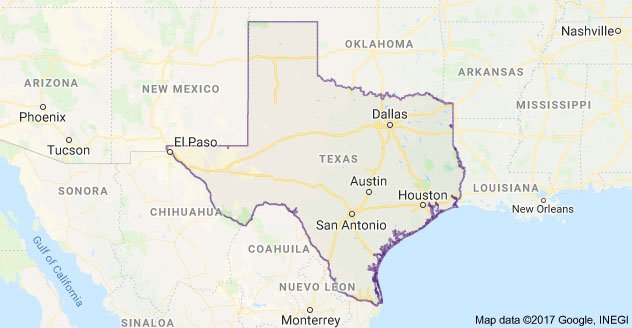Texas (TX)

Retreat in Texas (TX) on FindTheDivine:
Find retreats and retreat centers in Texas TX, Southwest, USA to host individual, couple and group retreats: We have camps, retreat and conference centers for rent or for sale in Caldwell, Bruceville, Wimberley,Hawkins, Graford, New Caney,Houston, Pottsboro,New Braunfels,Brownwood, Brownwood.
Retreat themes : Art ,Acupuncture Addiction, Recovery, Aging,Animal therapy,Anxiety,Centering Prayer ,Chanting, Christian Meditation,Coaching,Contemplative, Cooking, Couples, Death / Dying, Depression, Detox, Drawing, Eco- Spirituality , Ecological. hiking Environmental, Family, Fasting, Fitness, Healing, Grief, Health,Health Education, Hydrotherapy,Illness, Juicing Learning,Loving Kindness, Marriage, Meditation, Transcendental (TM) Meditation, Midlife,Mindful Movement ,Mindfulness, Music,Nature,Nutrition,Painting,Personal Development , Personal Transformation, Philosophy,Photography,Pilgrimage,Poetry,Prayer ,Recovery / Addiction / 12 Step,Reflexology, Reiki, Relationships,Religious, Renewal Ritual, Sacred Geometry ,Senior ,Silence,Singles,Spa,Spiritual ,Spiritual Direction, Spiritual Exercises of St Ignatius, Spiritual Studies, Stress management,Sufi Meditation, Team Building ,Theater,Travel / Pilgrimage,Vipassana (Insight),Wellness,Wildlife,Women,Writing,Yoga, Youth, Zen.
Types of retreat: Guided, directed, individual,Long term,personal, preached, sabbatical, silent .
Retreat Spiritual orientations:Anglican,Baha’i,Baptist,Benedictine,Buddhist,Carmelite,Catholic (non specified), Christian,Cistercian,Dominican, Ecumenical,Episcopal,Franciscan,Hindu,Interfaith,Islam,Jesuit,Jewish,Lutheran,Methodist,Non-Faith Based,Open to All,Presbyterian, Protestant,Quaker,Shamanism,Sufi,Trappist,Unitarian, Universalist,Zen.
Texas is the second-largest state in the United States by both area and population. Geographically located in the South Central region of the country, Texas shares borders with the U.S. states of Louisiana to the east, Arkansas to the northeast, Oklahoma to the north, New Mexico to the west, and the Mexican states of Chihuahua, Coahuila, Nuevo León, and Tamaulipas to the southwest, while the Gulf of Mexico is to the southeast.
Houston is the most populous city and the fourth largest in the U.S., while San Antonio is the second-most populous in the state and seventh largest in the U.S. Dallas–Fort Worth and Greater Houston are the fourth and fifth largest metropolitan statistical areas in the country, respectively. Other major cities include Austin, the second-most populous state capital in the U.S., and El Paso. It is nicknamed “The Lone Star State” to signify its former status as an independent republic, and as a reminder of the state’s struggle for independence from Mexico. The “Lone Star” can be found on the state flag and on the Texan state seal.[9] The origin of Texas’s name is from the word “Tejas,” which means “friends” in the Caddo language.[10]
Due to its size and geologic features such as the Balcones Fault, Texas contains diverse landscapes that resemble both the U.S. Southern and Southwestern regions.[11] Although Texas is popularly associated with the U.S. southwestern deserts, less than 10% of Texas’ land area is desert.[12] Most of the population centers are located in areas of former prairies, grasslands, forests, and the coastline. Traveling from east to west, one can observe terrain that ranges from coastal swamps and piney woods, to rolling plains and rugged hills, and finally the desert and mountains of the Big Bend.
